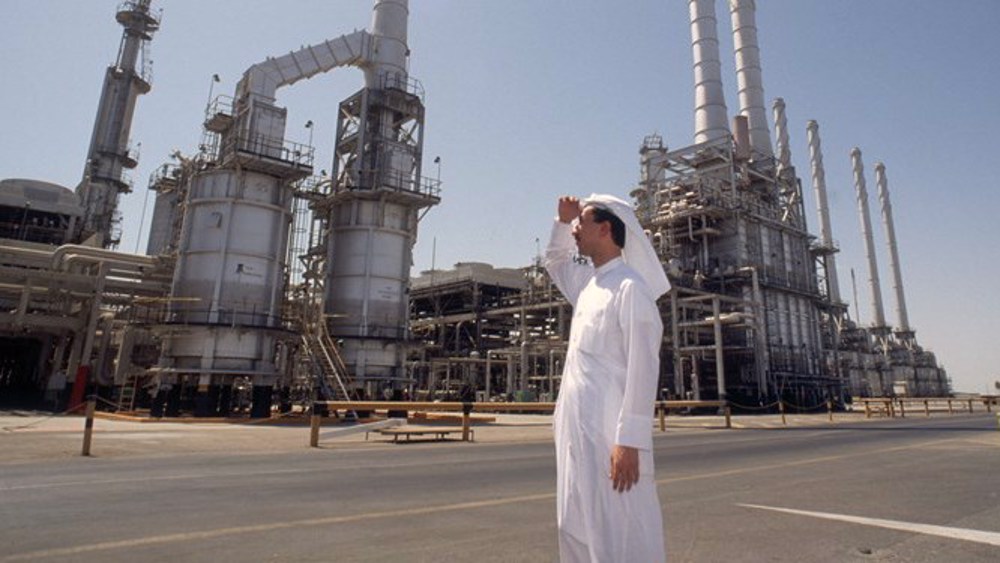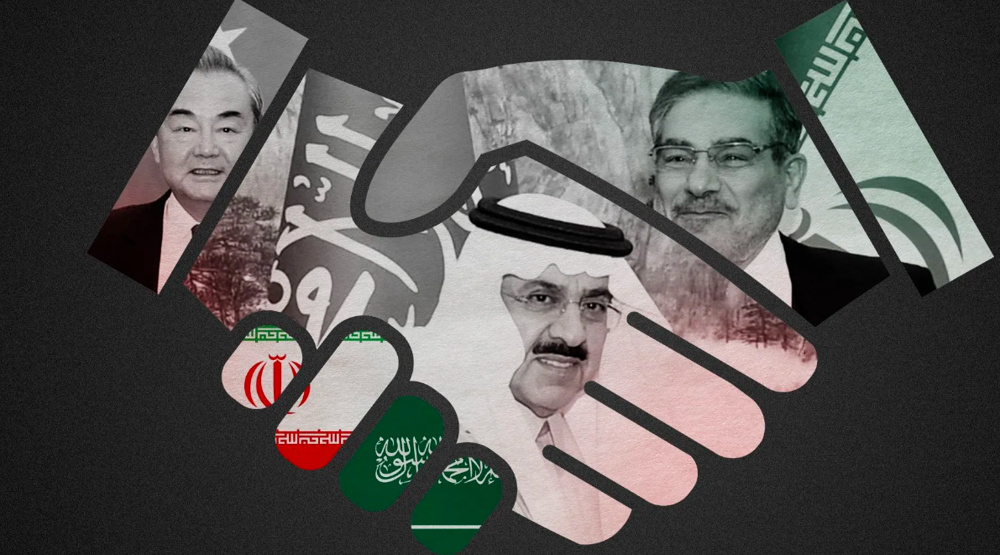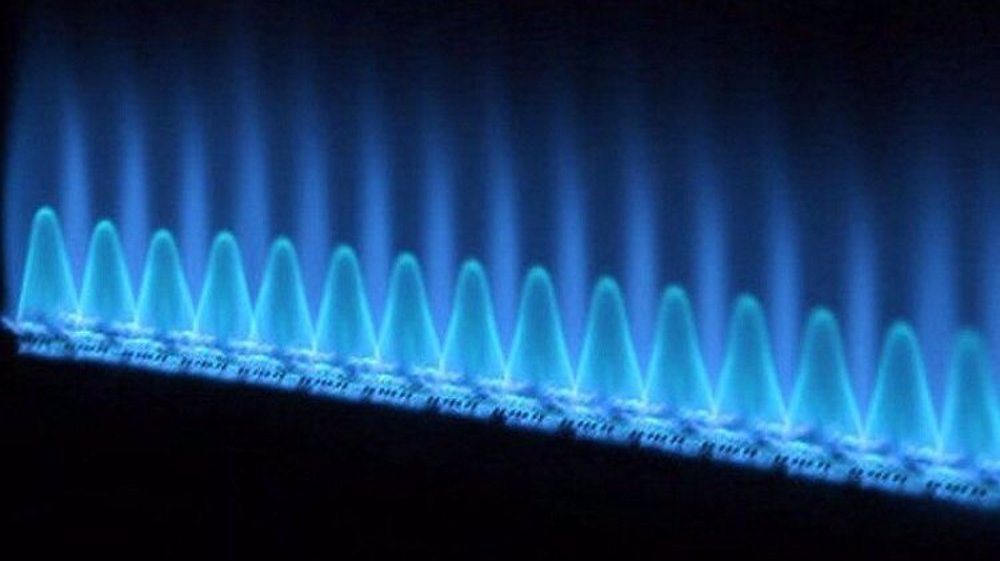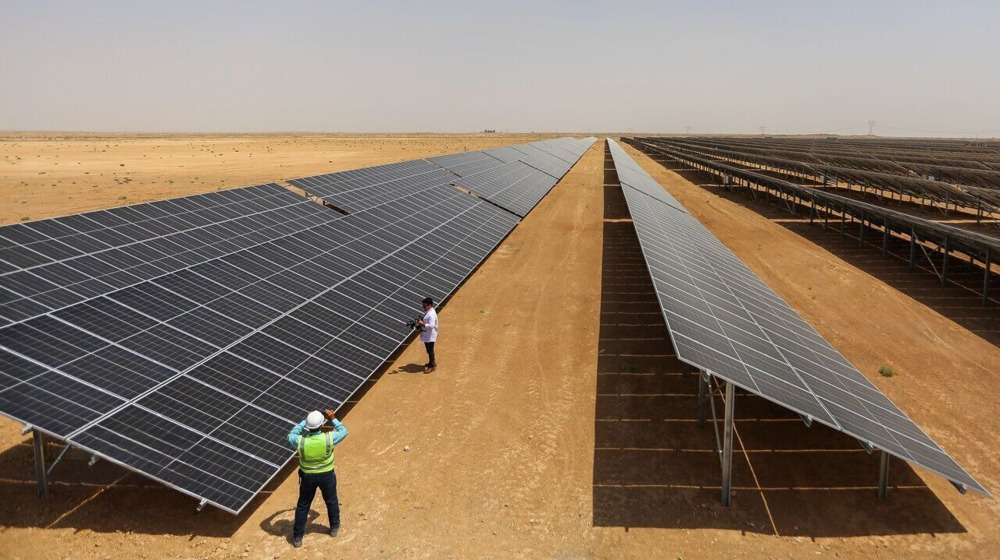Role of new energy realities in evolving Iran-Saudi ties
A meeting between Iranian and Saudi oil ministers on the sidelines of the OPEC conference in Vienna last week has generated new hopes for cooperation and convergence in the region after years of tensions.
According to Iran’s official news agency IRNA, Iranian Minister of Petroleum Javad Owji and his Saudi counterpart Prince Abdulaziz bin Salman discussed bilateral issues including investment in the oil and gas industry and exploring the possibility of joint investments.
Over the years, relations between Iran and Saudi Arabia have been strained due to various geopolitical factors, including oil export policies, and relations with the US and the regional countries.
The two neighbors restored their diplomatic ties in March after a seven-year rupture through a deal brokered by China, allowing for potential cooperation in different areas.
Iran and Saudi Arabia hold 37% of the world's oil reserves and can play a significant role in guaranteeing world energy security with joint investments and coordinated trade in the oil market.
Rapprochement with Saudi Arabia as the world’s largest oil producer and exporter can also help Iran forge similar cooperation with other oil producing countries aligned with the kingdom, such as Kuwait and the UAE.
Their proximity of positions could especially lead to greater cooperation at OPEC. Over time, the member countries of the Organization of Petroleum Exporting Countries have realized that they have to compromise in order to maintain their interests.
The power in the global oil market comes from the wellhead and the barrels ready for export. However, the market immediately reacted to the news of the agreement between Iran and Saudi Arabia to re-establish relations on March 10.
The agreement benefits both oil exporters and importers and brings stability to the market. It also enhances the security of energy investments in the region. In other words, stability in the West Asian region can guarantee stability in the global oil market.
Nevertheless, the main area of cooperation is the possibility of Saudi Arabia’s investment in Iran’s energy sector.
Two days after the deal, Saudi Arabia's Finance Minister Mohammed al-Jadaan said that Saudi investments into Iran could happen "very quickly".
"There are a lot of opportunities for Saudi investments in Iran. We don't see impediments as long as the terms of any agreement would be respected," al-Jadaan said then.
"We have no reason not to invest in Iran, and we have no reason not to allow them to invest in Saudi Arabia. It is in our interest to make sure that both nations benefit from each other’s resources and competitive advantage."
A key potential field of investment is in renewable energy, where Saudi companies have been investing in the energy infrastructure of the countries around the Caspian Sea basin and Central Asia.
Iran planned to install 5,000 megawatts of renewable capacity by 2022, but Washington’s imposition of sanctions on the country in 2018 disrupted those plans. Currently, renewables account for less than 1,000 MW of the country’s energy mix.
Meanwhile, Iran requires oil and gas investments of $160 billion, according to Petroleum Minister Owji. While the Saudis may view Iranian oil and gas as a rival to their market share, the benefits of cooperation, especially on the development of shared fields, are many.
Last week, an old dispute over stakes in the Arash gas field resurfaced after Kuwait Oil Minister Saad Al Barrak said his country and Saudi Arabia had "exclusive rights" in the field in the Persian Gulf.
Owji said Iran's foreign ministry will follow up on the issue. Tehran has previously claimed a stake in the field and called a Saudi-Kuwaiti agreement signed last year to develop it "illegal".
Iran also shares Farzad gas field with Saudi Arabia along with more than two dozen other gas and oil fields with its neighbors.
Cooperation and compromise is key to securing the interests of the parties and reduce risks and investment burdens in developing the disputed fields.
Iranian and Saudi companies have already a remarkable record of joint venture in agriculture, and dairy sectors.
Saudi-based Savola Group owned a major stake in Behshahr Industrial Company, a key producer in Iran’s edible oils business, before relations went into a tailspin.
The new geopolitical and energy realities could usher in a new chapter of collaboration in trade, investment and finance between Iran, Saudi Arabia and other Persian Gulf economies.
UN’s top court to hold Myanmar genocide hearings in January
Epstein maintained deep ties to Clintons as Hillary entered presidential race: Report
Pakistani court sentences former PM Imran Khan, wife to 17 years in prison
UK halts plan to use frozen Russian assets for Ukraine aid amid legal fears
The road to a durable Iran-India partnership
Jordan detains pro-Hezbollah journalist, offers no explanation
EU grants €90 billion loan to Ukraine
Ukraine says strikes Russian ‘shadow fleet’ in Mediterranean











 This makes it easy to access the Press TV website
This makes it easy to access the Press TV website